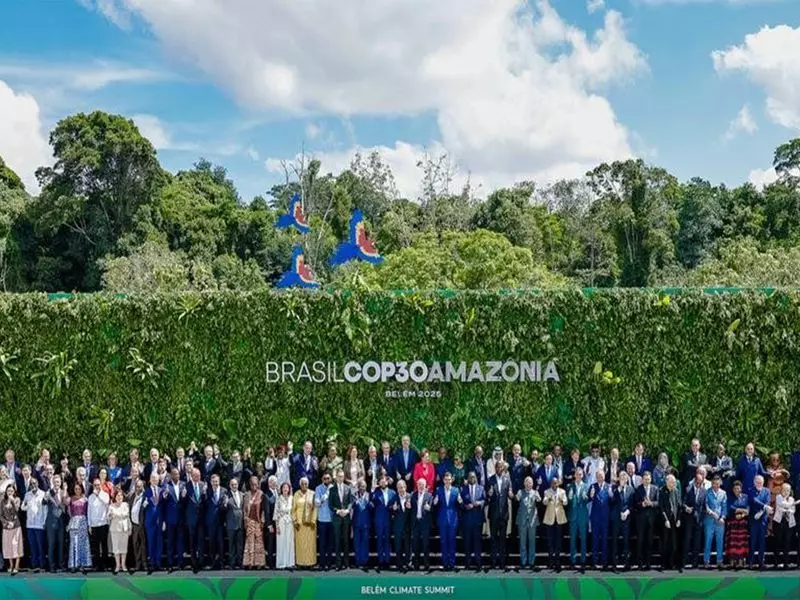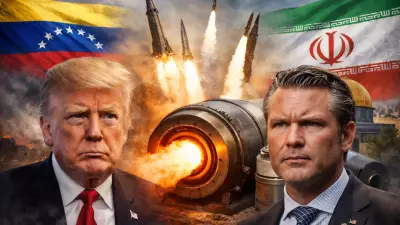
India has officially welcomed the significant outcomes achieved at the recent UNFCCC COP30 conference, strongly reaffirming its unwavering commitment to the foundational principles of equity, climate justice, and global solidarity in the worldwide fight against climate change.
India's Stance on Key Negotiations
The Indian delegation, under the guidance of the Ministry of Environment, Forest and Climate Change, played a pivotal role in the intense negotiations. A central achievement hailed by India was the formal acceptance of the Glasgow-Sharm el-Sheikh (GlaSS) workstream. This critical framework is dedicated to establishing a New Collective Quantified Goal (NCQG) on climate finance for developing nations, a long-standing and crucial demand.
India emphasized that the new climate finance goal must be substantially scaled up from the current floor of $100 billion per year. The nation argued that it should be based on an honest assessment of the genuine needs and priorities of developing countries, which are disproportionately burdened by the impacts of a crisis they did little to create.
Furthermore, India successfully advocated for the inclusion of sub-national governments and cities as official stakeholders within the GlaSS workstream. This recognition is vital for ensuring that climate action is implemented effectively at all levels of governance.
Operationalizing the Paris Agreement and Addressing Finance
Beyond climate finance, India endorsed several other key decisions that solidify the operational framework of the Paris Agreement. The nation welcomed the finalization of modalities for the review of the long-term global goal on adaptation.
This process is essential for evaluating global progress in helping vulnerable communities build resilience against climate-induced disasters, sea-level rise, and extreme weather events. India also supported the adoption of a robust two-year work programme for the Glasgow Dialogue on Loss and Damage.
This dialogue is critical for discussing the mobilization of funds to address the irreversible losses and damages already being experienced, particularly by small island nations and least developed countries.
A Firm Reaffirmation of Foundational Principles
Throughout the COP30 proceedings, India consistently anchored its position in the core tenets of the United Nations Framework Convention on Climate Change (UNFCCC) and its Paris Agreement. The delegation forcefully reiterated that the principle of Common But Differentiated Responsibilities and Respective Capabilities (CBDR-RC) is non-negotiable.
This principle acknowledges that developed nations, bearing a historical responsibility for the majority of cumulative greenhouse gas emissions, must take the lead in emissions reduction and provide the necessary financial and technological support to developing nations.
India's stance at COP30 sends a clear message to the global community: while it remains fully committed to ambitious climate action, the pathway forward must be just, equitable, and inclusive. The nation's welcome of the outcomes underscores its role as a responsible global power that champions the cause of the developing world, ensuring that the voice for climate justice is heard loud and clear in international forums.





